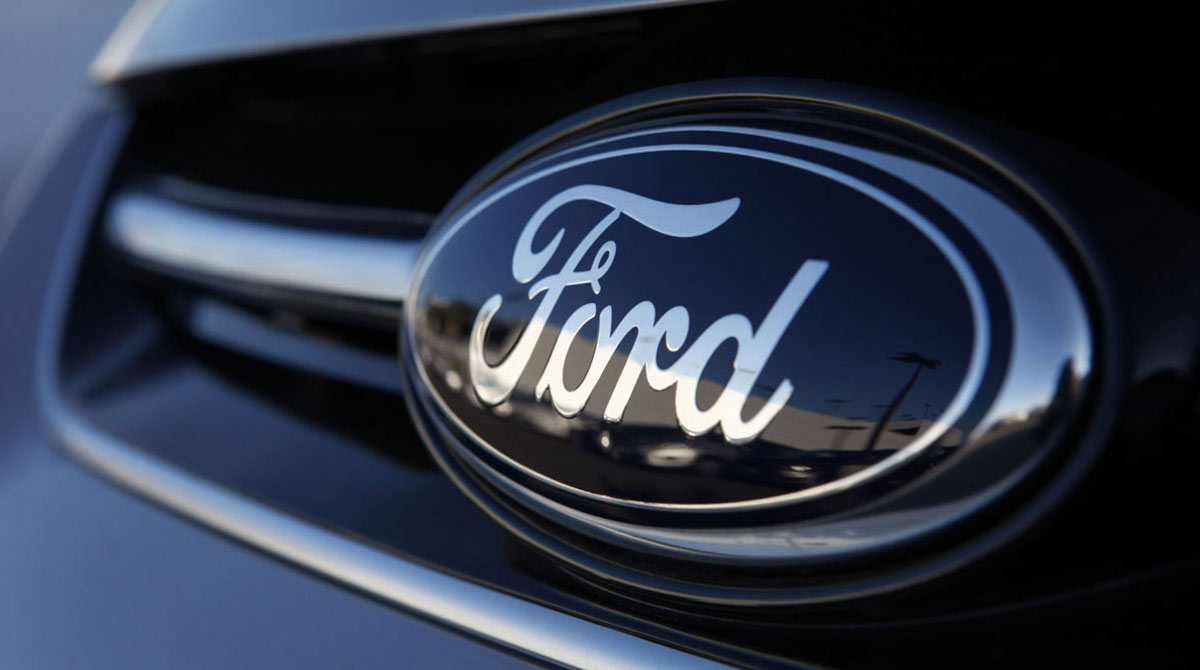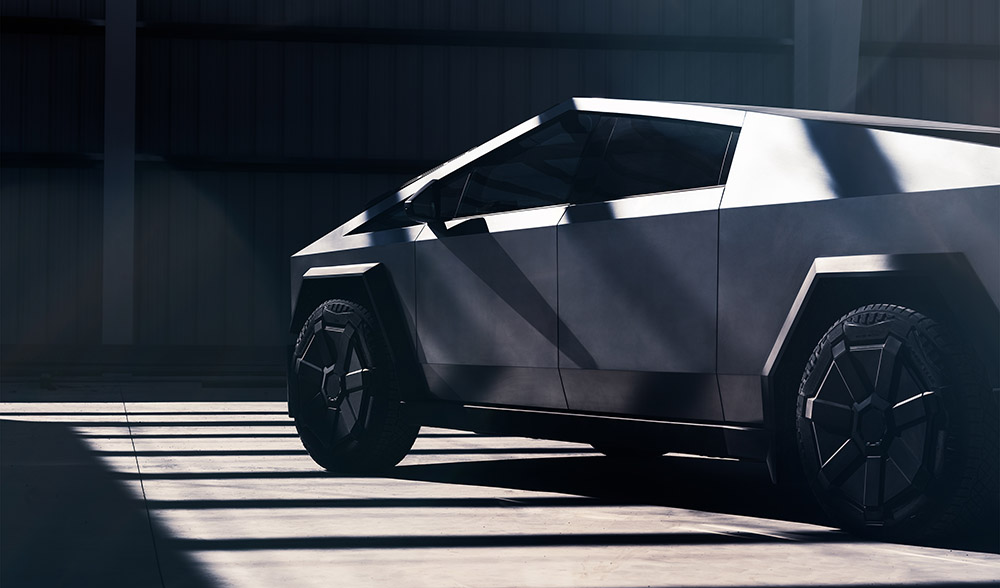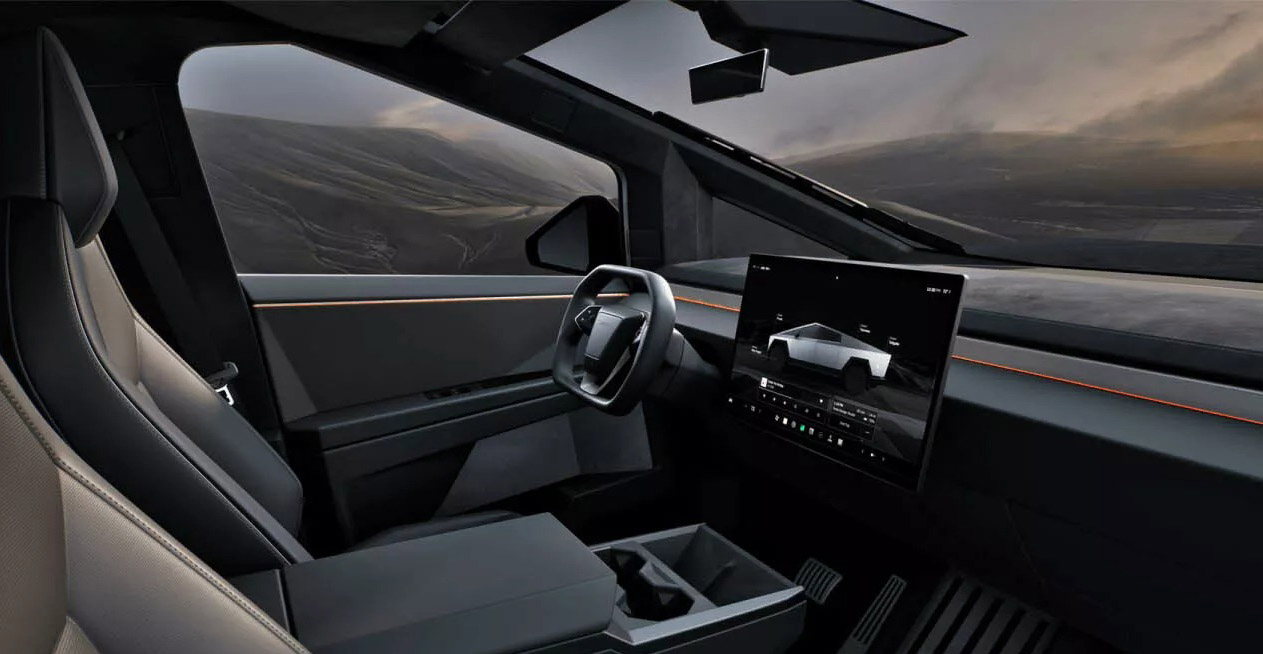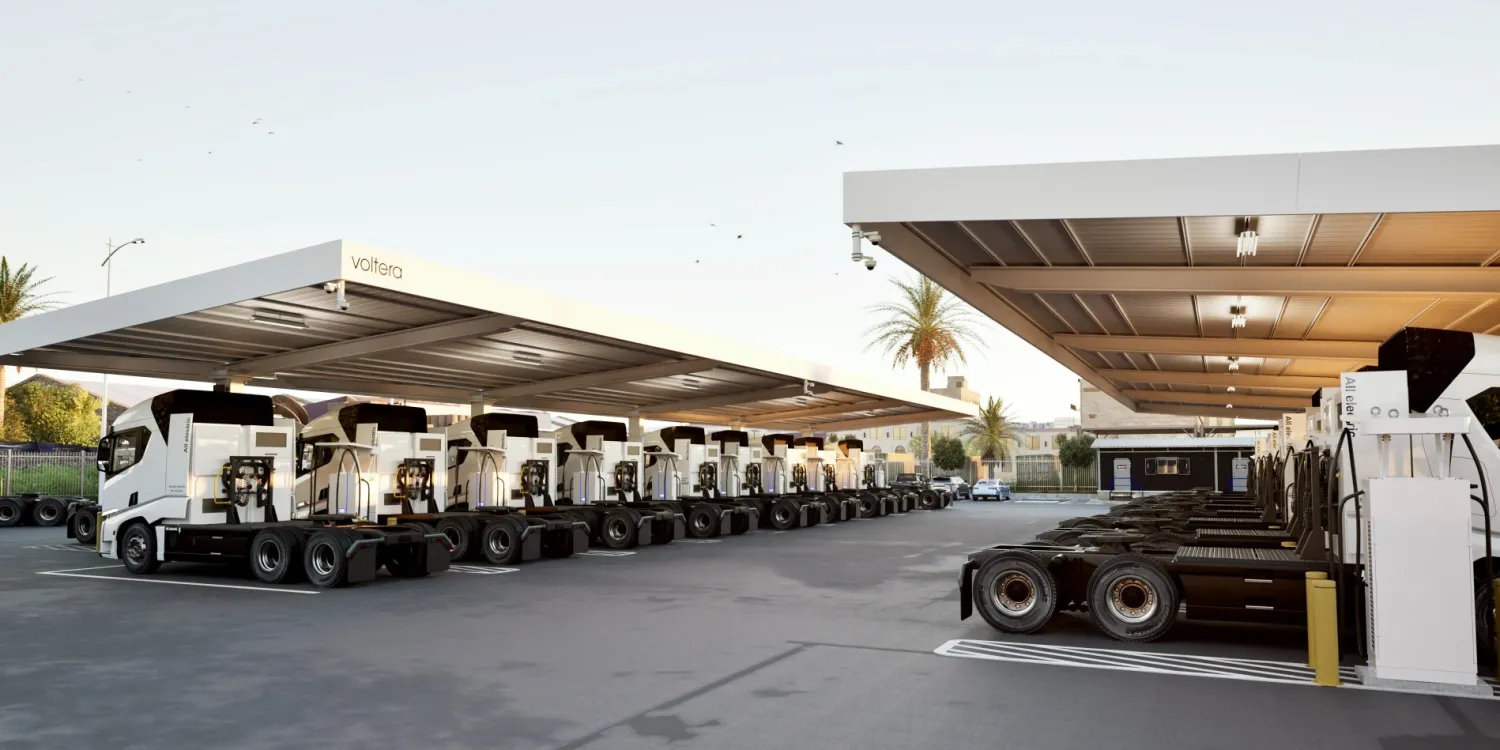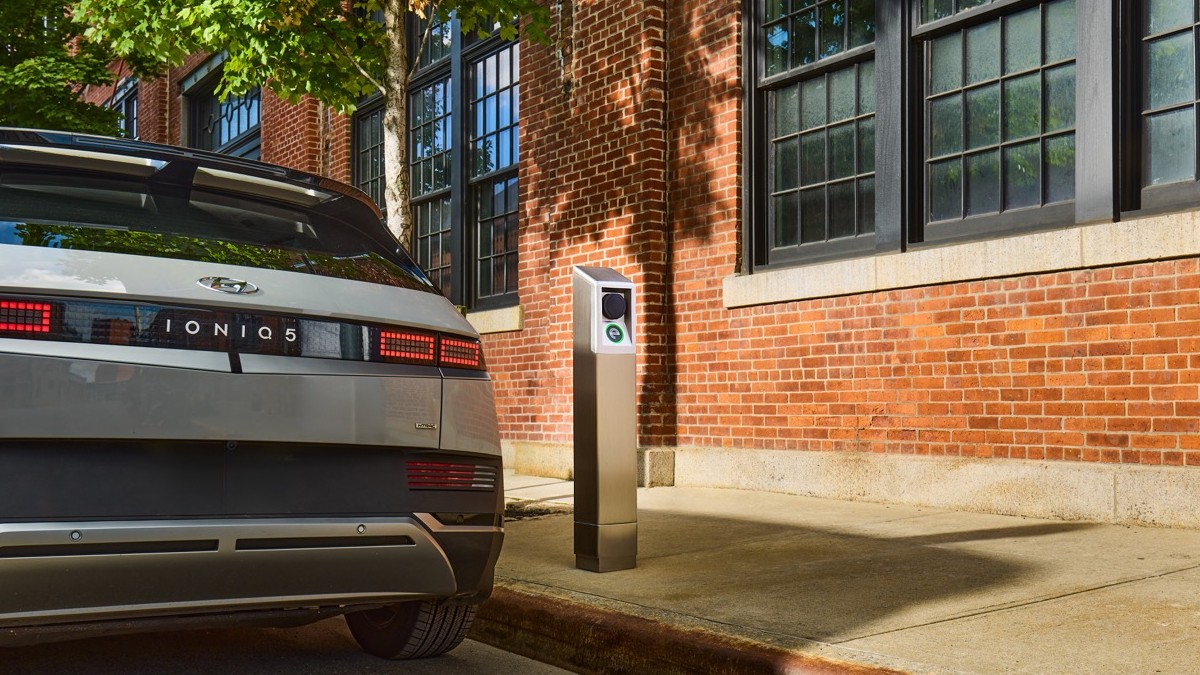Ford Motor Co is gearing up for a significant leap in its electric vehicle (EV) strategy, considering the adoption of an 800V fast charging system for its upcoming models to compete with rivals like Hyundai, Porsche, and Kia.
The move comes as Ford’s CEO, Jim Farley, acknowledged a “seismic change” in the EV market following the automaker’s Q4 earnings, attributing it to aggressive price cuts by EV makers like Tesla and increased competition in the two-row crossover segment, where Ford’s Mustang Mach-E dominates.
See also: Ford’s NACS Connector for Tesla Superchargers in Final Testing Before Release
Despite a 4.6% increase in Mach-E sales to 11,369 units in Q4, Ford faces growing competition, especially from Hyundai’s IONIQ 5, which saw a 92% surge in sales to 8,612 units in the US.
Ford’s next-gen EVs aim to offer “breakthrough efficiency” and innovative features, according to Farley, who mentioned that customers would be willing to pay for these advancements.
The current standard range Mach-E can charge from 10 to 80% in 38 minutes with a 107 kW output, while the extended range variant takes around 45 minutes. In comparison, the IONIQ 5 can achieve the same charge level in just 18 minutes with a 350 kW DC charger, thanks to Hyundai’s 800V E-GMP platform.
See also: Worksport’s Solar Tonneau Cover for Ford F-150 Lightning Aims to Add 10 Miles of Range
A new Ford patent published on February 27, 2024, hints at the automaker’s plans for an 800V fast charging system, described as a “Multi-Voltage Electrical Architectures For Electrified Vehicles.”
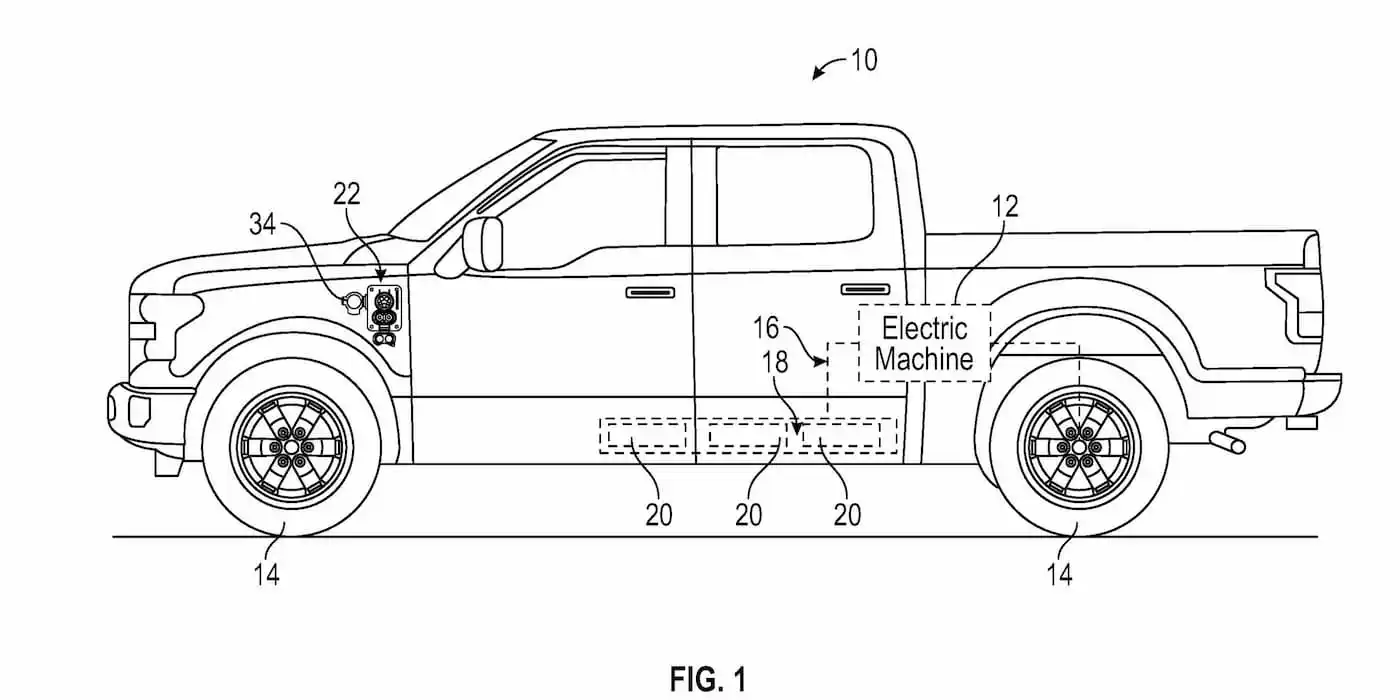
In addition to the fast charging developments, Ford is reportedly working on a low-cost EV platform. Farley mentioned assembling a specialized team of EV engineers for this purpose, aiming to deliver cost-effective EV solutions.
See also: Ford Slashes Mustang Mach-E Prices by Up to $8,100 Amid Sales Slump
GM’s recent decision to utilize its Ultium platform for the next-gen Bolt EV, rather than developing a separate low-cost system, underscores the industry-wide shift towards more efficient and cost-effective EV platforms.
Ford’s efforts indicate a broader trend in the automotive industry, with manufacturers increasingly focusing on efficient and affordable EV technologies to stay competitive in a rapidly evolving market.

